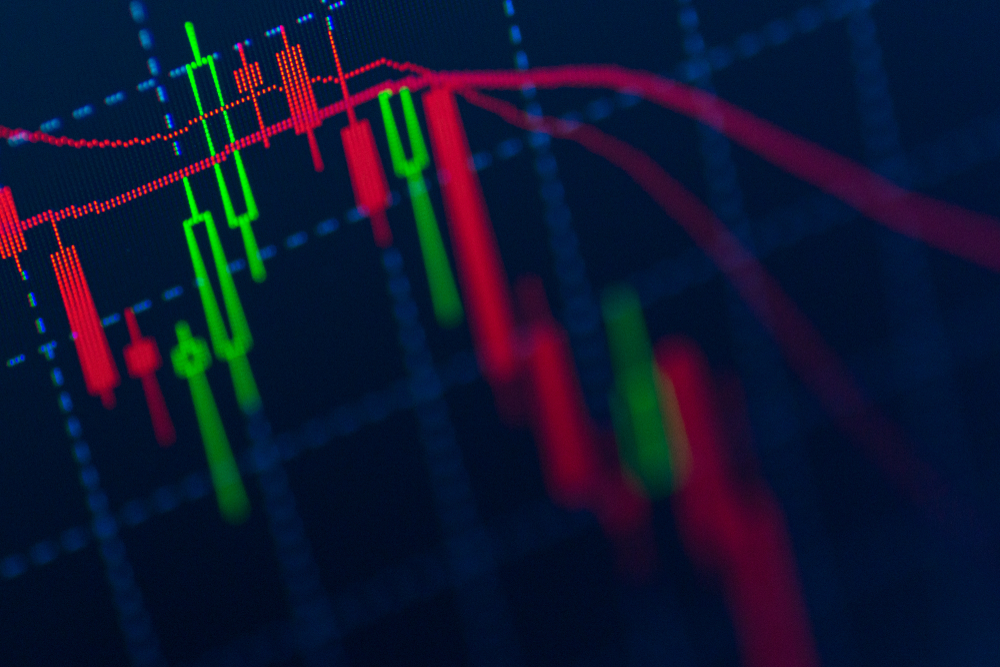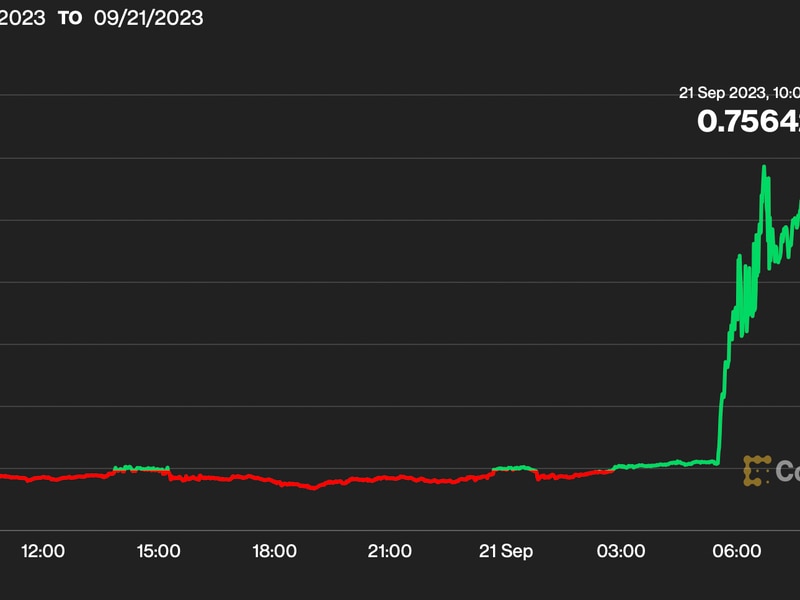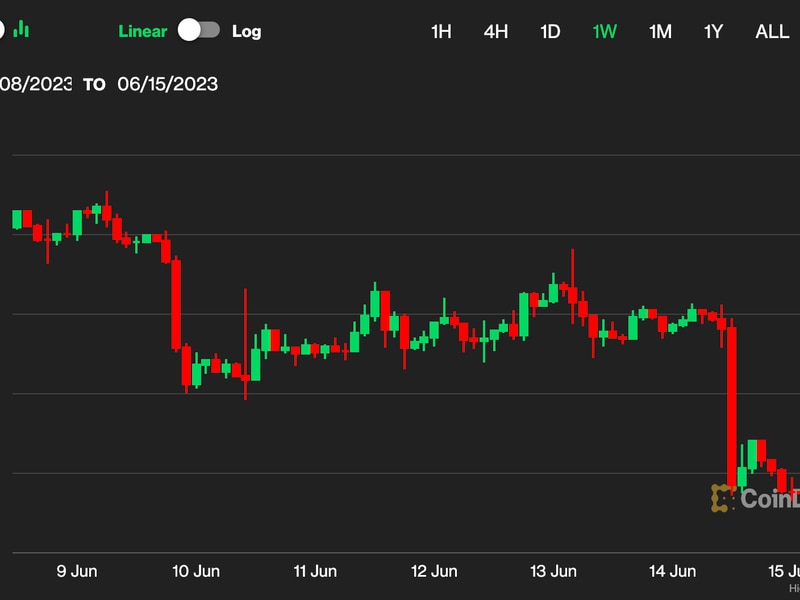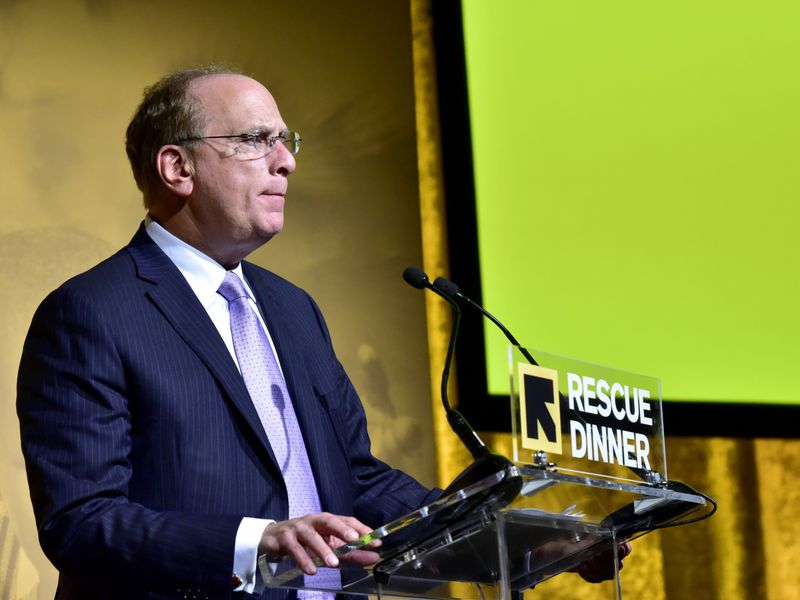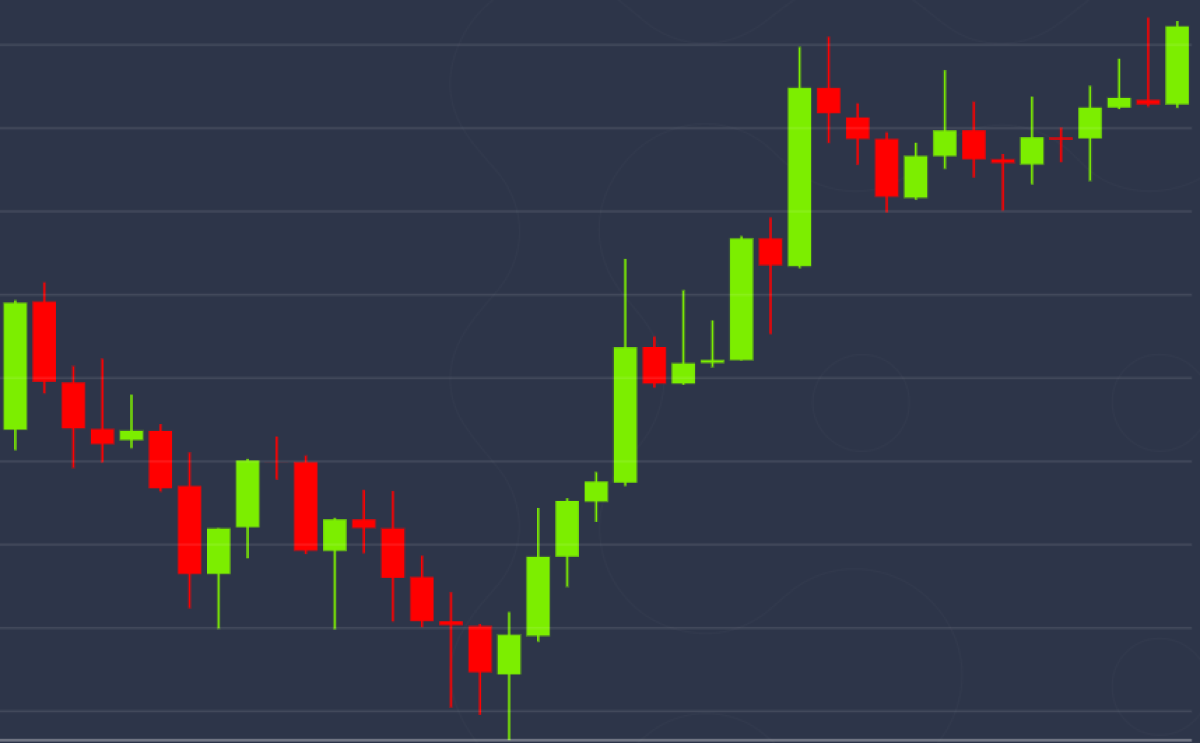Floki Team Responds to Hong Kong Regulator Warning
/arc-photo-coindesk/arc2-prod/public/LXF2COBSKBCNHNRE3WTK2BZ7GE.png)
Team behind meme-based crypto project Floki said it is taking steps to mitigate concerns of Hong Kong’s regulator, the Securities and Futures Commission (SFC), after placing the token staking program on its list of suspicious investment products.
“We’ve taken steps to mitigate concerns in jurisdictions where the regulatory framework does not specifically cover or cater for the staking programs,” the team said in a Medium post. “As indicated by the statement of the SFC, it appears that the high APY of the Floki and TokenFi staking programs is their key concern.”
To address regulatory concerns in Hong Kong, the Floki team said that they have implemented measures, including warning notices, blocking Hong Kong users from their staking programs, and pausing their offline marketing campaign in the region, ensuring no Hong Kong users have joined the program to date. Staking refers to locking cryptocurrencies in a blockchain network in return for rewards.
The team explained in a medium post that Floki’s staking program’s high annualized percentage yield (APY) is sustained by a unique reward system using $TOKEN from its successful sister project TokenFi, a market-responsive APY, a decentralized and community-centric allocation strategy, and no fund-raising from VCs or presales.
In a December 2022 post, the SFC warned investors about the high risks and unregulated nature of virtual asset platforms offering deposit, saving, or staking services, emphasizing potential significant losses and advising caution.
“Whilst some [Virtual Assets] Arrangements are commonly labeled or marketed as “deposits” or “savings” products, they are not regulated and are not the same as bank deposits. Investors are not afforded any form of protection,” the SFC said in the post.
Edited by Omkar Godbole.

